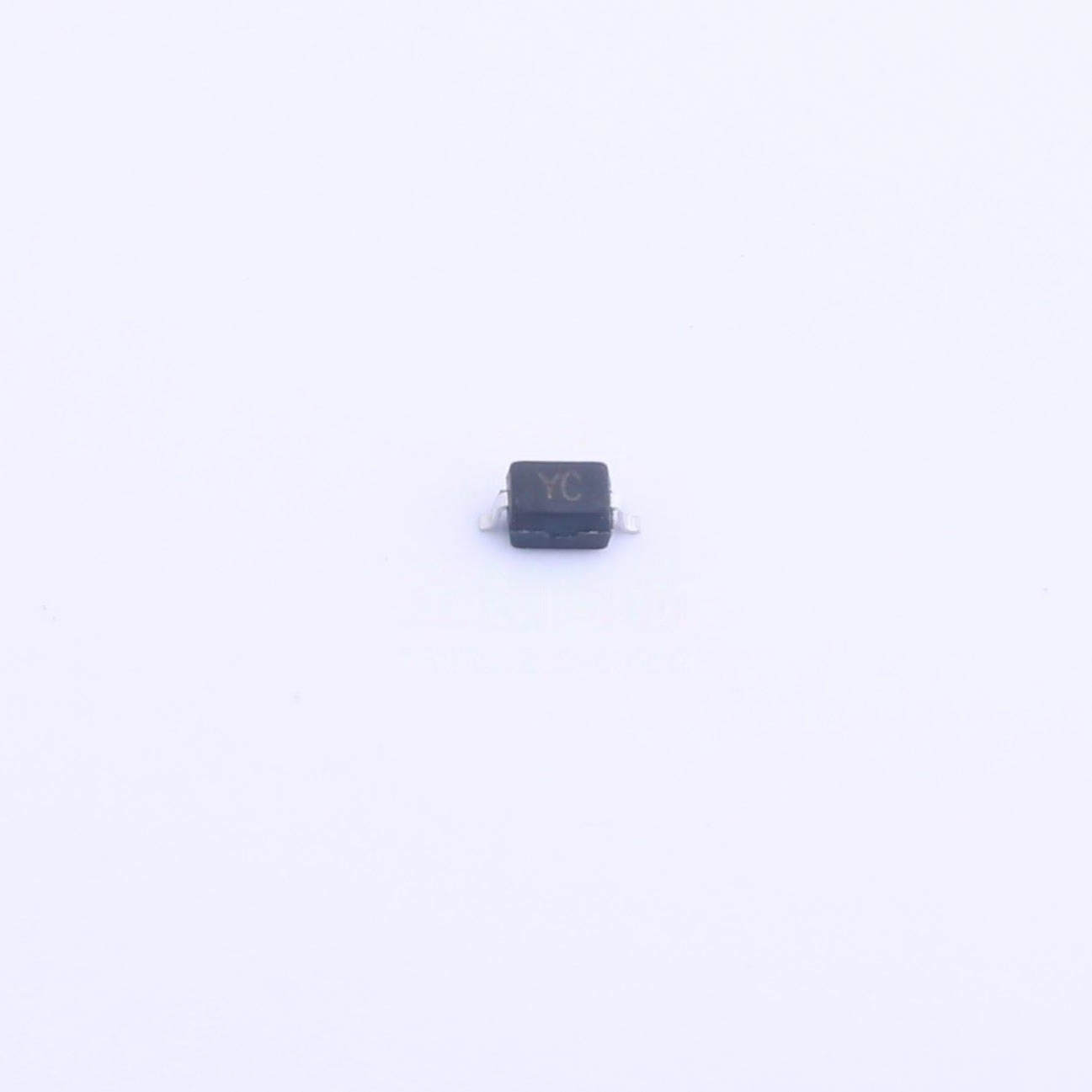The AD780ARZ-REEL7 is an ultrahigh precision band gap reference voltage that provides a 2.5 V or 3.0 V output from inputs between 4.0 V and 36 V. Low initial error and temperature drift combined with low output noise and the ability to drive any value of capacitance make the AD780ARZ-REEL7 the ideal choice for enhancing the performance of high resolution analog-to-digital converters (ADCs) and digital-to-analog converters (DACs) and for any general purpose precision reference application. A unique low headroom design facilitates a 3.0 V output from a 5.0 V ± 10% input, providing a 20% boost to the dynamic range of an ADC over performance with existing 2.5 V references.
The AD780ARZ-REEL7 can be used to source or sink up to 10 mA and can be used in series or shunt mode, thus allowing positive or negative output voltages without external components. This makes it suitable for virtually any high performance reference application. Unlike some competing references, the AD780ARZ-REEL7 has no region of possible instability. The part is stable under all load conditions when a 1 µF bypass capacitor is used on the supply.
A temperature output pin on the AD780ARZ-REEL7 provides an output voltage that varies linearly with temperature, allowing the part to be configured as a temperature transducer while providing a stable 2.5 V or 3.0 V output.
The AD780ARZ-REEL7 is a pin-compatible performance upgrade for the LT1019(A)-2.5 and the AD680. The latter is targeted toward low power applications.
The AD780ARZ-REEL7 is available in three grades in PDIP and SOIC packages. The AD780AN, AD780AR, AD780BN, AD780BR, and AD780CR are specified for operation from −40°C to +85°C.
Product Highlights
Feature
- Pin programmable 2.5 V or 3.0 V output
- Ultralow drift: 3 ppm/°C max
- High accuracy: 2.5 V or 3.0 V ±1 mV max
- Low noise: 100 nV/√Hz
- Noise reduction capability
- Low quiescent current: 1 mA max
- Output trim capability
- Plug-in upgrade for present references
- Temperature output pin
- Series or shunt mode operation (±2.5 V, ±3.0 V)
(Picture: Pinout)




















